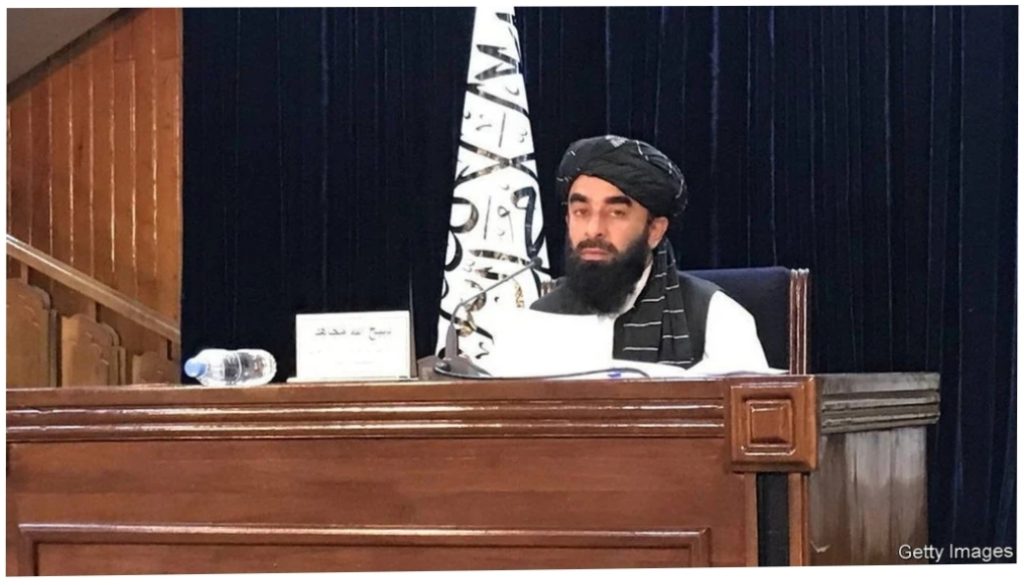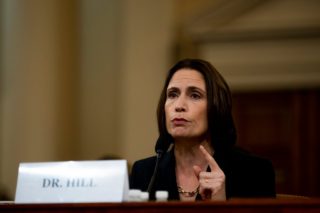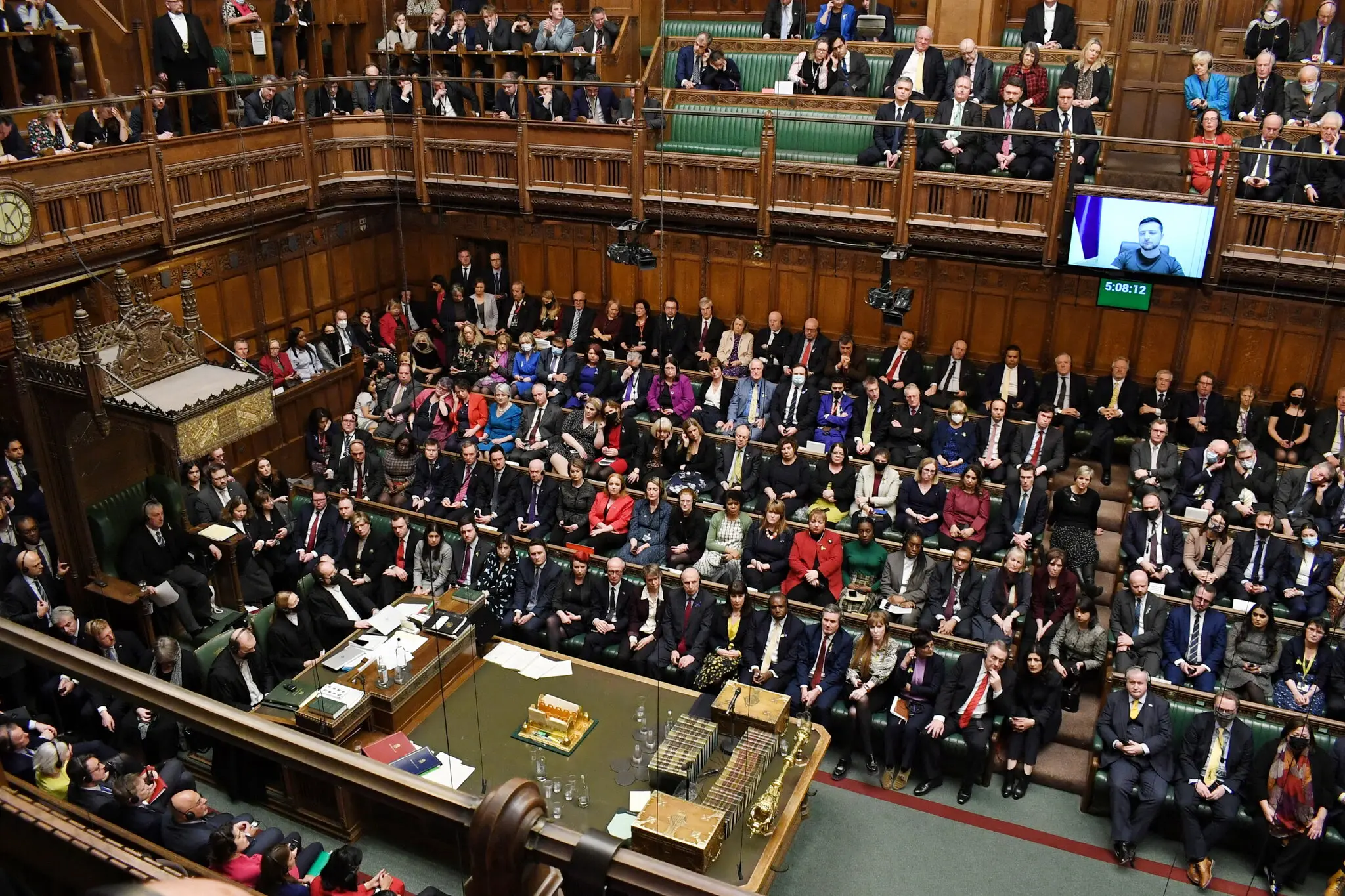KABUL – THE NEW TALIBAN look a lot like the old Taliban, if the make-up of their new government is anything to go by. On September 7th Afghanistan’s new rulers set out a 33-man strong interim administration packed with stalwarts and clerics. Unsurprisingly, there are no women in the line-up. More surprisingly, the group broke its pledges of an inclusive government by cutting out other political groups and mostly excluding non-Pashtuns.
Mullah Mohammad Hassan Akhund will assume the role of acting prime minister. A close aide to Mullah Omar, the Taliban’s founder, he was the foreign minister and then deputy prime minister during the Taliban’s last stint in power. Abdul Ghani Baradar, a co-founder of the group and its chief negotiator on the deal to withdraw American troops, will be his deputy. Sirajuddin Haqqani, who has an American bounty of up to $10m on his head and is the scion of the Haqqani network, an allied militia, will be interior minister.
Deliberations over the composition of the cabinet have delayed decisions essential to running the country. Afghanistan’s banking system is in chaos, its foreign reserves are frozen and the aid that once provided three-quarters of the government’s budget has been put on hold. What is left of the Afghan state is in limbo as bureaucrats from the administration of Ashraf Ghani, the deposed president, have rubbed along awkwardly with newly arrived black-turbanned mullahs and their wild-looking village fighters.
The transition is likely to prove tricky even for the likes of Hamdullah Nomani, who was appointed acting mayor of Kabul last month. Twenty years ago, before his administration was chased out of town by American troops, Mr Nomani sat in the same building doing the same job. Yet the city is nearly unrecognisable from when he last held the post. He is responsible for some 12,000 municipal workers, overseeing everything from keeping the streets clean to ensuring that the zoo’s lions are fed. “Before, Kabul was like a village. Now it’s developed a lot and lots of businessmen have invested. It is a competitor with cities in neighbouring countries,” he says.
Mr Nomani is full of ideas for his tenure. He wants to clean the city, plant trees and remove the concrete blast walls that have choked main roads and scarred the face of a once-pretty city. But his workers have not been paid for two months, and it is unclear where next month’s wages will come from. His charismatic predecessor as mayor, a former airline pilot called Mohammad Daoud Sultanzoy, has been acting as an adviser. Aides say the two men have excellent relations.
The arrival of thousands of Taliban scholars, clerics and fighters, many from the rural south, has seen strange bedfellows thrown together across the capital. At one court complex in the city, a newly appointed Taliban judge explained how he had for years run shadow courts in the country. These secret courts were key to the insurgency’s grassroots success as they delivered swift and binding rulings free of the delays and bribes that plagued government courts. One of his staff later quietly confessed to this newspaper that he had previously worked in a British-funded counterterrorism court that hunted and locked up militants.
Wahid Majrooh, Afghanistan’s chief of public health, is the only minister who remained at his post when Kabul fell. He refused chances for evacuation, and instead remained to steer the health system through the transition. Taliban fighters mill around the ministry compound as he deals with a stream of emails in his office. Dr Majrooh is too tactful to talk about his new masters, noting only they have a “very different management style”. But he is obviously frustrated about the damage caused by the suspension of foreign aid. International donors have frozen contributions that pay for thousands of clinics and hospitals, he says. He warns that the system will collapse unless donors can be more flexible and find ways to turn the taps back on. Each day he is confronted by staff who say they have not eaten. Clinics are closing for a lack of supplies and medicine.
Outside the government ministries, the streets are quieter than usual and many shops are closed. While women are still seen, and sometimes even wearing makeup or stylish outfits, their numbers are fewer than before. The strange limbo in Kabul is social as well as political, as residents attempt to navigate new rules that are not yet clear. The tables at the bright and airy Cloud Cafe in downtown Kabul would a month ago have held a mixed young crowd as likely to be discussing start-ups as sharia. Now they are largely deserted. A staff member says the economic crunch has hammered his business. One patrol of fighters dropped in earlier and told the owner not to let women smoke shisha pipes or cigarettes. “We will hold you responsible,” they warned.
A new government is the first step for the Taliban to deal with their overflowing in-trays. But such a line-up of hardliners seems unlikely to appease international donors who could ease the country’s pain. The new leaders have the run of the country. Now they must actually run it.
By The Economist





